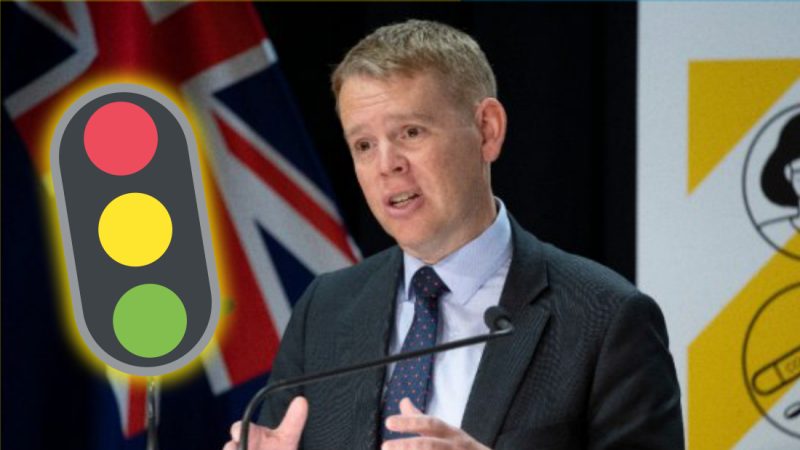It's official! Chris Hipkins, COVID-19 Response Minister has announced that from 11:59pm April 14th 2022 all of New Zealand will move to Orange in the traffic light system.
It's been a while so here's a little refresh on what Orange light means...
- At Orange, you can continue to do everyday activities, but we need to protect our vulnerable communities.
- You must wear a face mask in many indoor locations. You do not need to wear a face mask outdoors.
- You can visit cafes and bars, attend gatherings and events, and go to the hairdresser and gym. There are no capacity limits or distancing requirements at venues.
- Workplaces and schools can open.
- To protect yourself, your whānau and your community, keep up healthy habits.
See Chris Hipkins full statment below...
"The revised COVID-19 Protection Framework we introduced three weeks ago has effectively managed the Omicron outbreak at Red."
"Over the past few weeks we’ve seen a sustained reduction in cases and hospitalisations despite the relaxation of settings, so we’re confident a move to Orange can lock in those gains while helping the country return to a greater degree of normality."
"Under Orange there are no indoor capacity limits and the seated and separated rule for hospitality venues lifts, so bars, cafes and restaurants are able to fill up again."
"Wearing a face mask at Orange is still important, especially with capacity limits removed. People are required to wear a face mask in many indoor settings. Next to being vaccinated and having a booster, face masks are our main defence against COVID-19 at Orange."
"We know this shift down to Orange will be welcome news to many as we head into Easter weekend and the school holidays and connect with loved ones."
"But there is still Omicron in the community, and the threat of new variants arriving here is still risk, so I urge everyone to continue to be cautious and think about the health of others, especially those who are immunocompromised or at higher risk of long-term health impacts from infection."
"It’s also important to make a plan in case you get COVID-19 on holiday. If you’re not using your own vehicle to travel – such as being reliant on airplane or public transport - you need to make sure you can isolate where you are."
Source: Newshub



